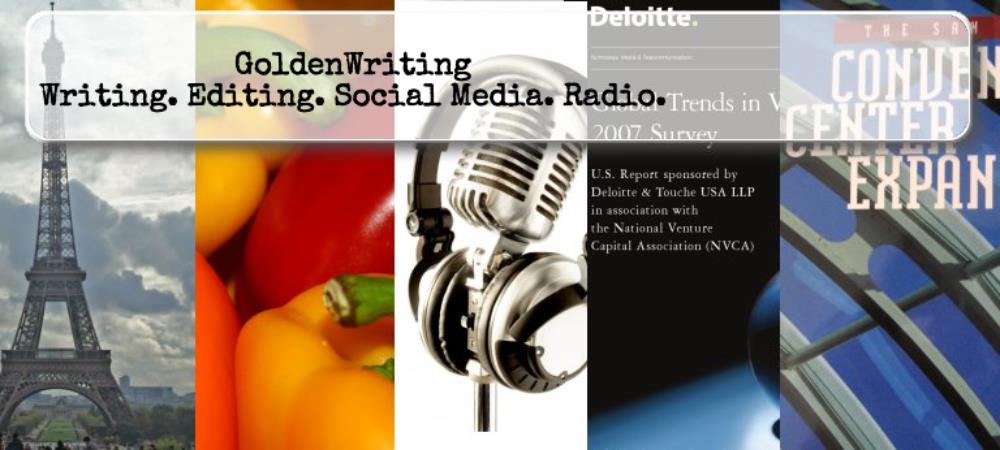I just came across a very telling speech delivered to the Wharton School of Business's "Future of Publishing" conference by Martin Nisenholtz, the New York Times's senior VP for digital operations. Obviously, Nisenholtz's talk is directed at the publishing industry and the many challenges its facing as readers transition from paper to online. But what he's recognized is relevant across the board for all industries and organizations seeking success in digital media. Here are just some of the most salient points. You can read the entire speech on paidcontent.org.
1. There's a need for engagement across the web. It's the emotional connection that is essential and that transcends technology.
2. There are four "shifts" taking place among users today, as described by Facebook CEO Sheryl Sandberg:
The shift from anonymity to real identity.
The shift from pull to push.
The shift from temporal to permanent connections.
The shift was the "what" to the "who."
Identify, says Nisenholtz, is the fundamental building block for engagement, and he thinks that's been proven by Facebook.
3. We must transform being being on the web to being of the web. It's not about broadcasting; it's about knowledge sharing and building emotional connections. That, again, goes back to identity.
4. The new information ecology means "The boundaries of your resources (read "site") become liquid, public, shared." He quotes David Reed on startup Betaworks' About page and believes that this captures the fundamental change of increasing engagement -- "like holding water in your hands." It's still to be figured out how information can be adapted to meet this essential truth of digital media, but it's what Nisenholtz believes is a critical element of engagement.
Read the speech and read it again. These are huge challenges that The New York Times and all publishers face, especially when it comes to monetizing what we've come to accept as our free lunch. But, this is also hugely relevant to marketers who are attempting to capture the attention of the masses for their brands, no matter the industry. Seeing social media platforms as yet another broadcast opportunity is a hugely mistaken mindset. It's time to be "of" the web once and for all.
